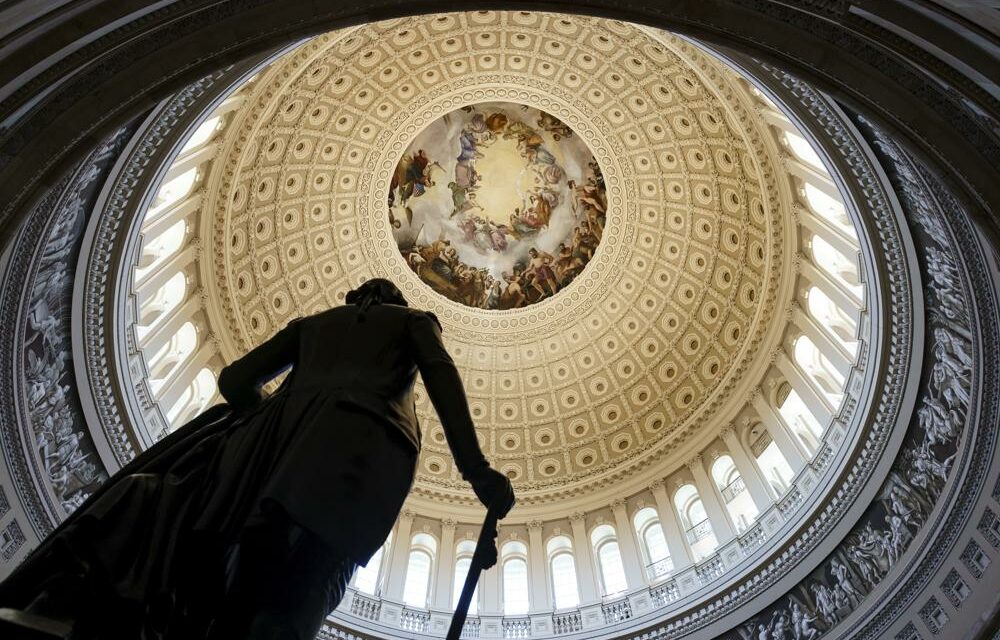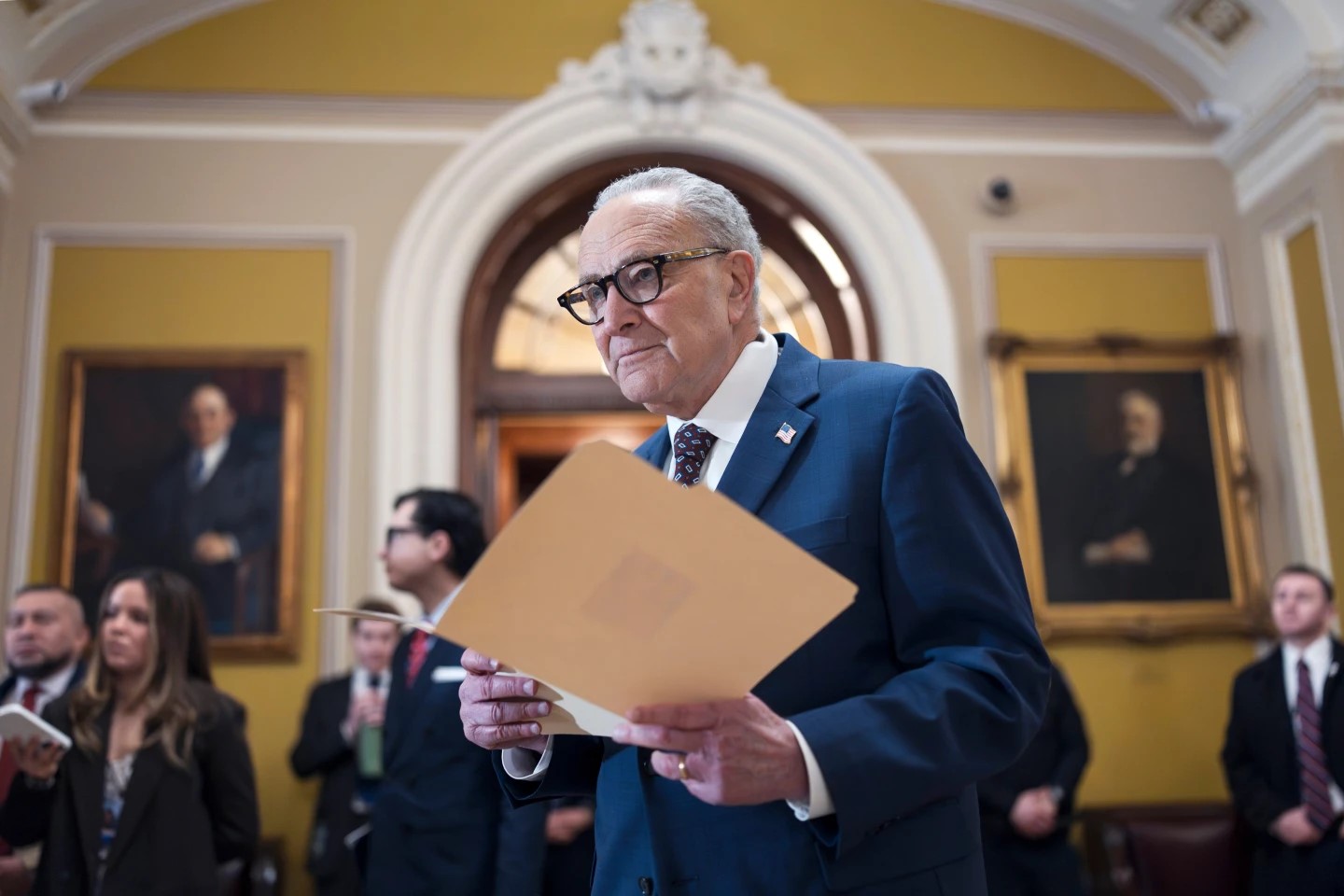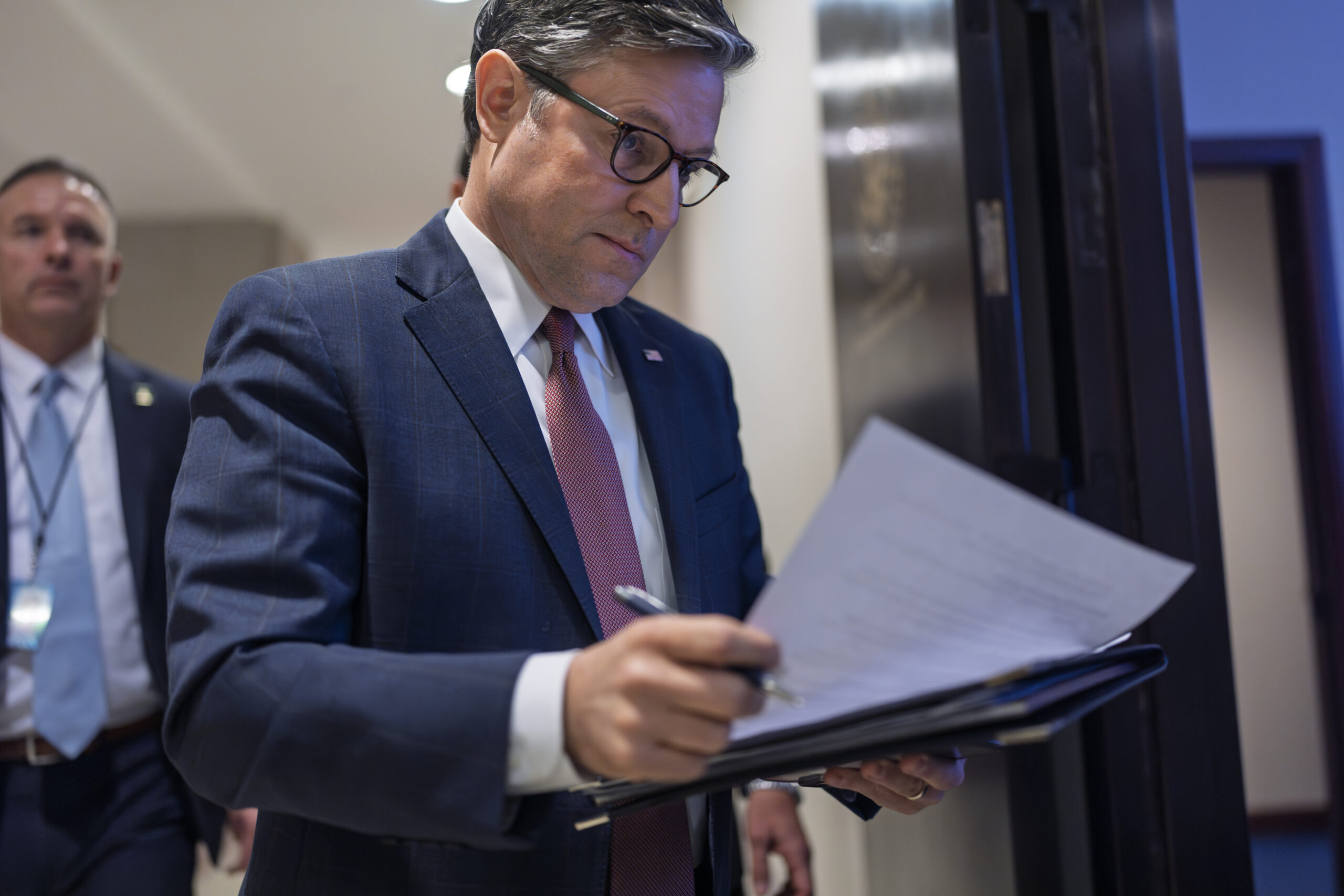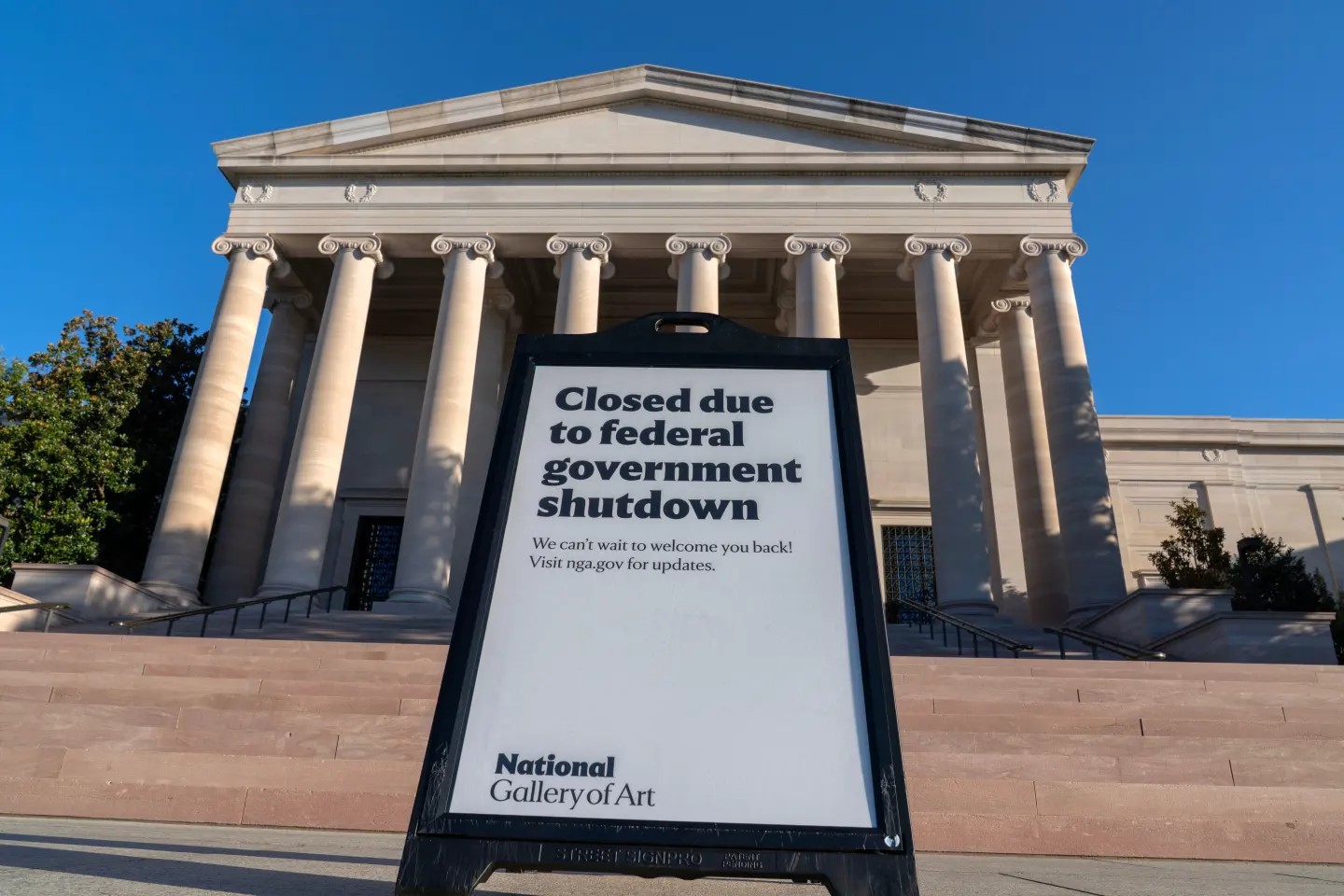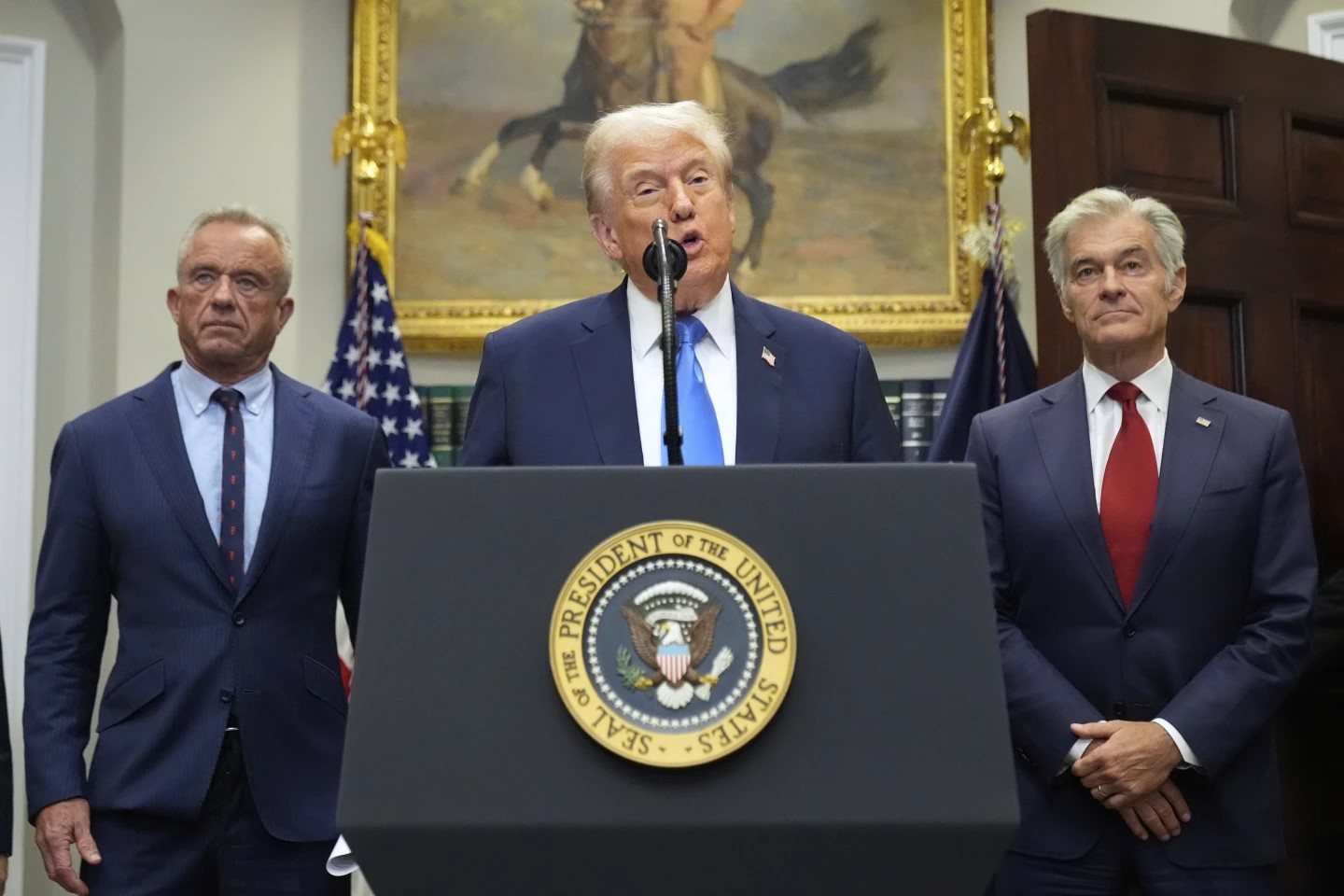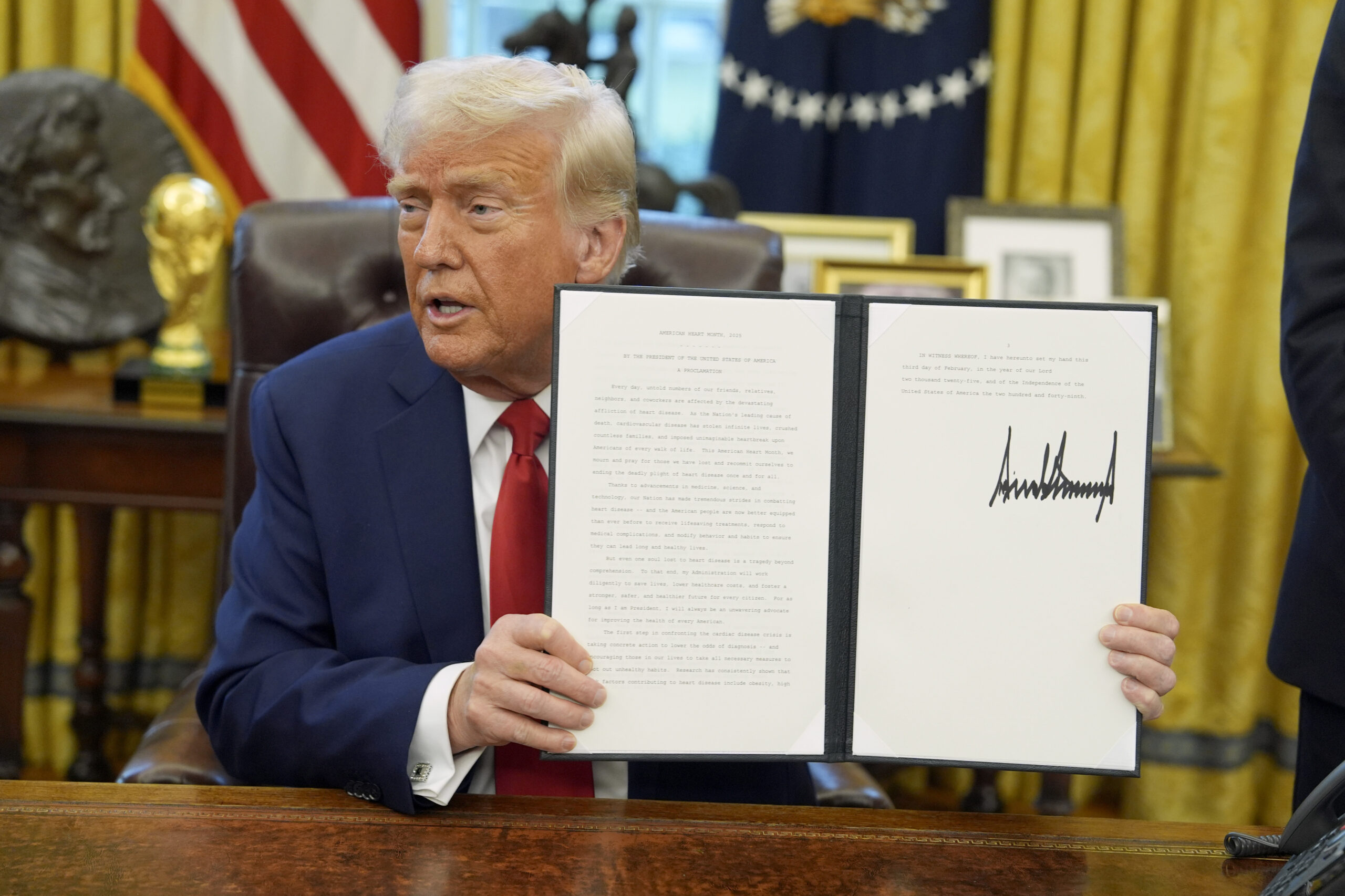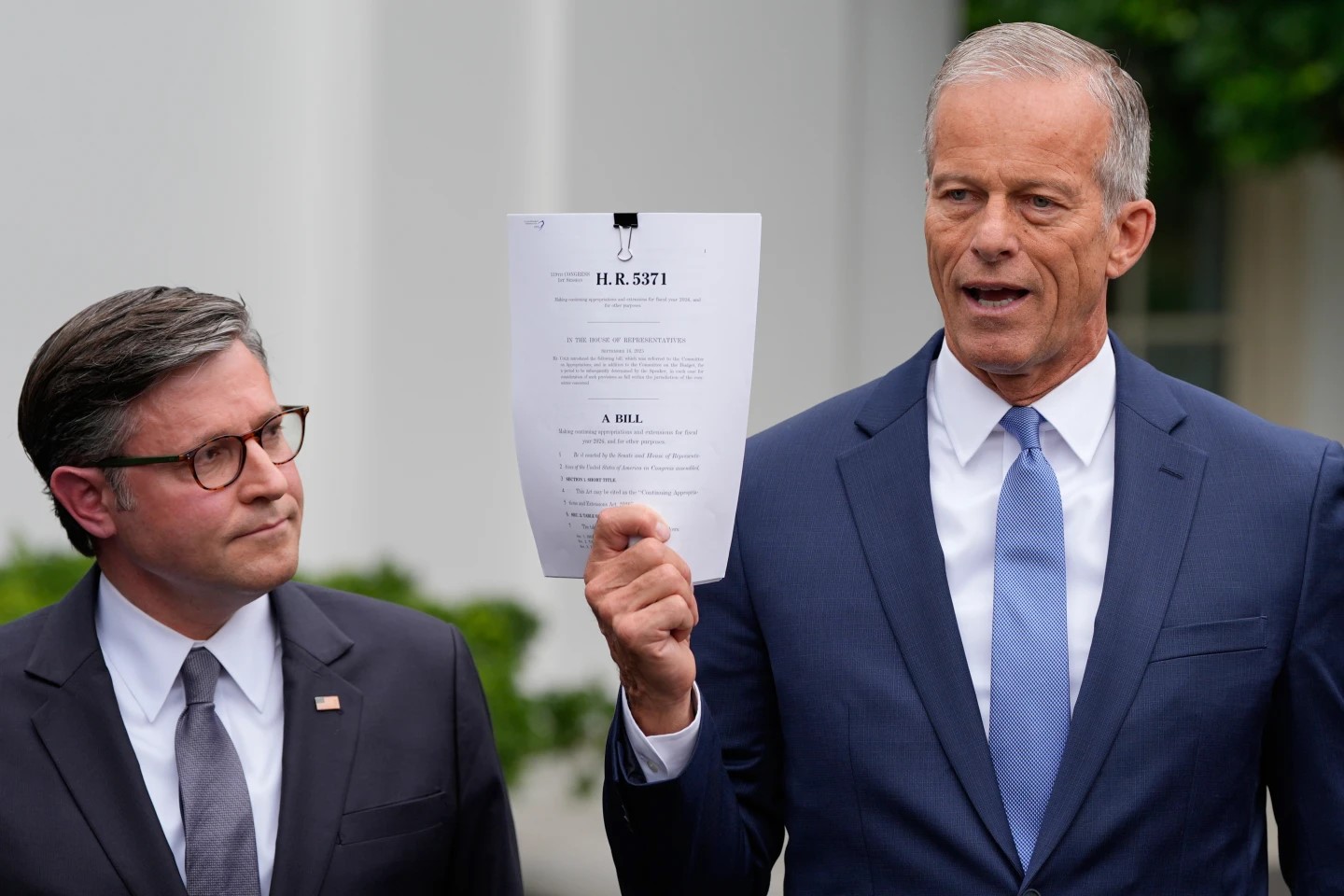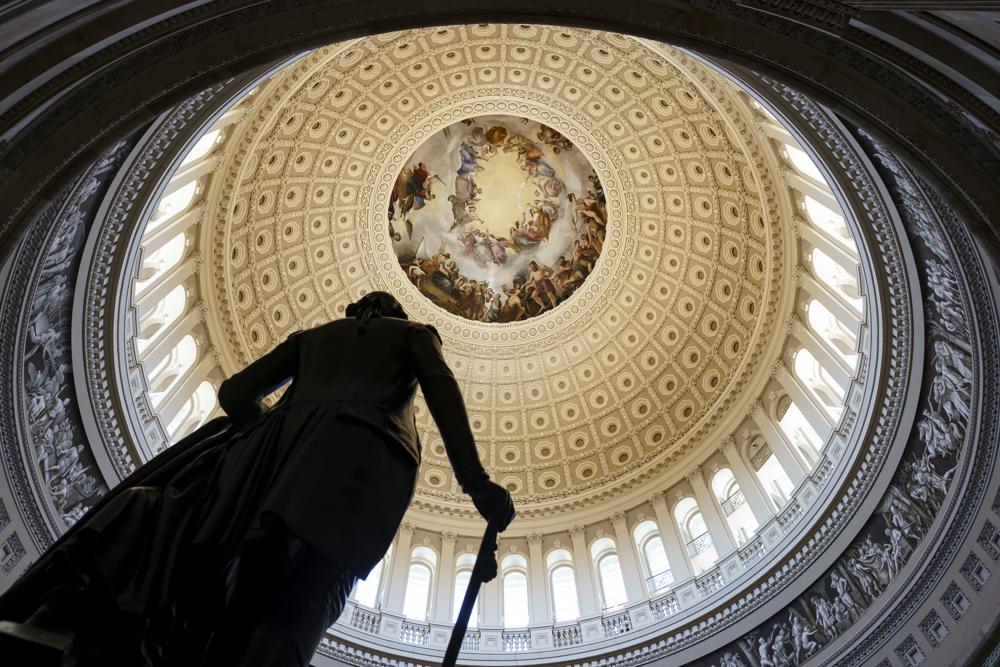UPDATE: As of 4 p.m. Thursday, Congress passes a short-term funding bill to avert a government shutdown. Government funding was set to expire at midnight.
An ever-growing partisan divide in the U.S. Congress may lead to two potential crises this week: a possible government shutdown and a first-ever U.S. default.
The U.S. Senate is struggling to cast a vote to lift the debt ceiling, which is the total amount of money the government is authorized to borrow to meet its existing legal obligations. These obligations include Social Security and Medicare benefits, military salaries, interest on the national debt, and tax refunds.
If a decision is not made by mid-October to increase or suspend the debt limit, both local and national elected officials alike are worried about the economic consequences.
According to the U.S. Department of the Treasury, failing to increase the debt limit would have “catastrophic economic consequences.” It would cause the government to default on its legal obligations for the first time in American history as well as trigger another financial crisis.
The national debt currently stands at $28.43 trillion, with the borrowing cap set at $28.4 trillion. This leaves the federal government with little to no wiggle room.
While the debt limit does not authorize new spending commitments, it does allow the government to finance existing legal obligations that Congresses and presidents of both parties have made in the past.
Since 1960, Congress has acted 78 separate times to permanently raise, temporarily extend, or revise the definition of the debt limit – 49 times under Republican presidents and 29 times under Democratic presidents.
Growing partisan differences; however, are making it difficult for the Senate and House to come to a consensus this year.
On Monday, Senate Republicans blocked a bill that would fund the government at current levels and suspend the debt ceiling until December 2022. On Tuesday, Republicans also blocked a motion that would have allowed Democrats to address the debt limit with a simple majority vote. The move would have allowed Democrats to bypass a Republican filibuster and suspend or raise the ceiling without a GOP vote.
U.S. Representative David Price, who represents District 4 in North Carolina, said Senate Republicans are using this decision, or lack thereof, as political leverage – when the power should not be theirs in the first place.
“We shouldn’t even be voting on the debt ceiling,” Price told 97.9 The Hill. “It’s a question of the full faith and credit of the U.S. government. It’s a question of paying our bills, meeting our obligations from the past. Most of these obligations are Trump administration obligations, including a tax cut that should never have happened.”
While Republicans have said they want Democrats to lift the debt limit on their own, saying they do not support their spending plans, Democrats like Price rebut that much of the nation’s new debt was incurred during Trump’s administration.
U.S. Treasury Secretary Janet Yellen said Congress has just under three weeks to address the debt ceiling and avoid economic calamity.
“We now estimate that Treasury is likely to exhaust its extraordinary measures if Congress has not acted to raise or suspend the debt limit by October 18,” Yellen wrote in a letter to Congress. “At that point, we expect Treasury would be left with very limited resources that would be depleted quickly.”
Price agreed that the time to act is now.
“We pay our bills and, and the international economy depends on our full faith and credit,” said Price. “So, we shouldn’t have a vote on whether to do that. No other country does this and it often becomes a political football.”
While a decision on the debt ceiling needs to be made by mid-October, an even more pressing issue of a government shutdown is looming – as Congress hasn’t yet agreed upon and passed any funding bills as of Wednesday night.
Americans, including hundreds of thousands of federal employees, could feel the impact of a government shutdown if lawmakers don’t reach an agreement by the end of Thursday — the last day of the fiscal year.
“That too should be a matter of bipartisan interest,” Price said. “That as we work out our differences on the budget for 2022, that at least we don’t shut down the government on September 30th. That we have continuing resolution in place for keeping the government open. And that typically has had bipartisan support just to give ourselves a little more time, but that too is not certain right now.”
Update, 1 p.m. Thursday: With just hours before government funding is set to lapse, the Senate is scheduled to take a vote on a continuing resolution Thursday. This resolution, which is expected to pass, would keep the government funded at current levels until December 3 and provide emergency aid to assist Afghan refugees and natural disaster recovery efforts across the country.
2 p.m. Update: The short-term funding bill (i.e. continuing resolution) is passed by the Senate.
4 p.m. Update: With the House’s approval, congress passes the short-term funding bill to avert a government shutdown. Government funding was set to expire at midnight. The bill now heads to President Biden’s desk to be signed.
Lead photo via AP/J. Scott Applewhite.
Chapelboro.com does not charge subscription fees. You can support local journalism and our mission to serve the community. Contribute today – every single dollar matters.

